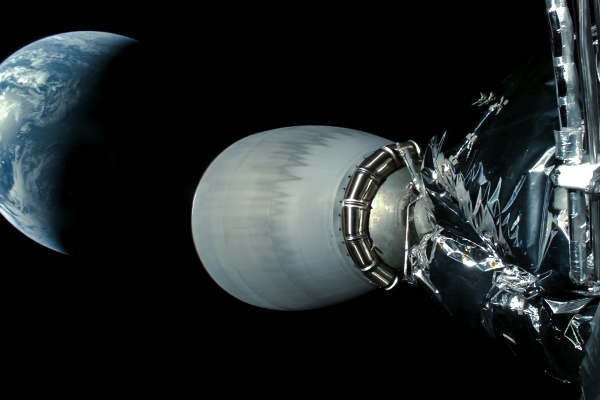Falcon 9 Lifts Off: Hera Probe's Mission to Impact Asteroids

Space Exploration Technologies Corp. (SpaceX)'s Falcon 9 rocket has been approved to launch the European Space Agency (ESA)'s Hera probe at 10:52 a.m. Eastern Time on October 7, from Florida. The mission aims to study the latest condition of the double asteroid system that was impacted during the Double Asteroid Redirection Test (DART) in September 2022.
The Hera mission is ESA's first asteroid exploration mission and also the first mission under ESA's Space Safety Programme. Furthermore, it marks the world's first detailed survey of a binary asteroid. The probe is named "Hera" after the goddess of marriage in Greek mythology.
According to foreign media reports, NASA stated that the Double Asteroid Redirection Test was the first Earth defense system test mission, aimed at preventing potential threats of celestial bodies colliding with Earth. The Hera probe will study the effects on the asteroid "Dimorphos," which was impacted during the DART mission. The Hera mission is expected to last for two years, with key objectives including deploying small satellites to investigate the surface and interior of the binary asteroids Dimorphos and Didymos. It will also closely examine the impact crater, assess the momentum transfer caused by the impact, and evaluate the efficiency of the trajectory change.
Recently, SpaceX was fined $633,000 by the U.S. Federal Aviation Administration (FAA) for violations that occurred before two Falcon 9 launches in 2023. Although the Falcon 9 rocket has been approved to resume flight missions, it is limited to missions launched from Cape Canaveral, Florida.
- 135 reads
Human Rights
Fostering a More Humane World: The 28th Eurasian Economic Summi

Conscience, Hope, and Action: Keys to Global Peace and Sustainability

Ringing FOWPAL’s Peace Bell for the World:Nobel Peace Prize Laureates’ Visions and Actions

Protecting the World’s Cultural Diversity for a Sustainable Future

Puppet Show I International Friendship Day 2020

